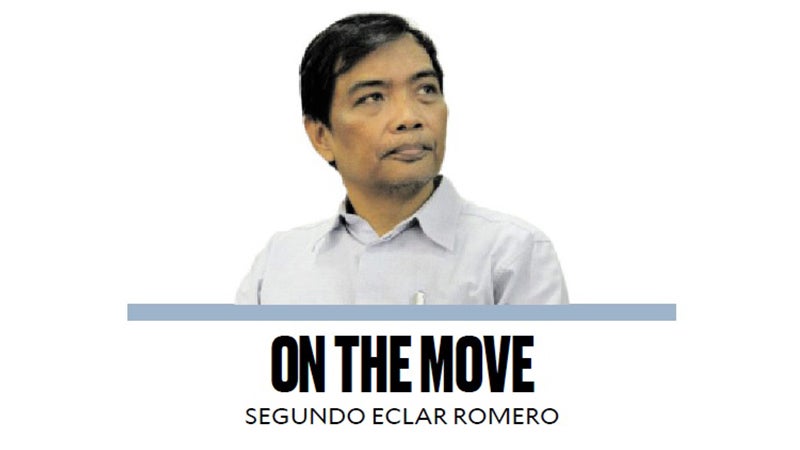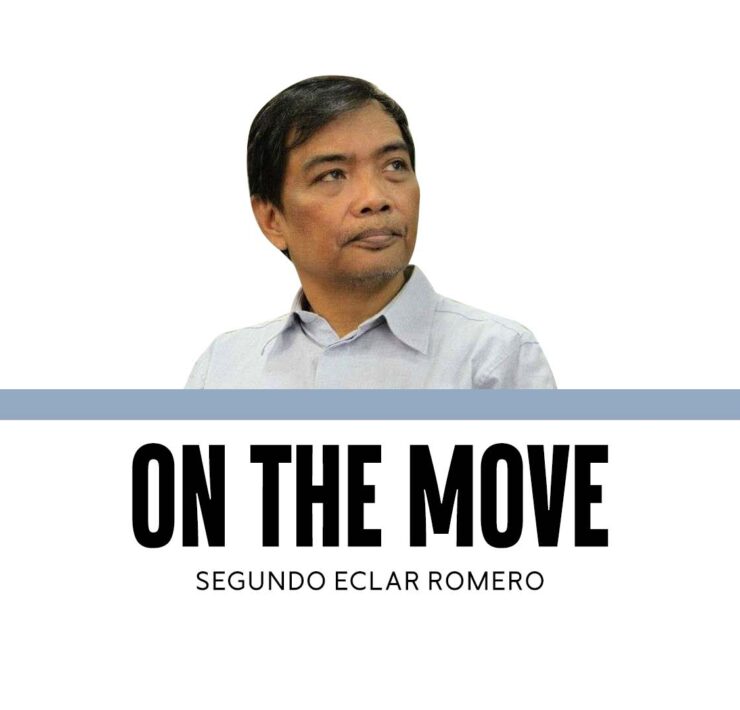Tactical civility, strategic impunity

I voted yesterday in Barangay Fortune in Marikina. Like in May 2022, polling was orderly and peaceful. There were helpful marshals, clearly marked precincts and even an efficient queueing system. The systems worked. At the micro level, it was, by all appearances, a small triumph of civility.
But as I stepped out of the polling place—my right forefinger stained with indelible ink—I realized I felt hollow, even defeated. I had done my duty. Why, then, did it feel like I had just performed a ritual that had lost its soul?
I tend to notice processes, and a few practical lapses were hard to miss. Voters struggled to insert their long ballots into the vote counting machines. The alignment required was almost surgical—without a foreguide, many failed on their first try. Worse, there was no meaningful privacy. As I filled out my ballot, three or four voters on the way to the machine were watching me make my choices. This design flaw was so flagrant.
Still, these are tactical lapses—not fatal. What truly burdens the conscience are the strategic displays of impunity.
As my partner and I drove to the polling place, we found ourselves behind a jeepney ferrying a group of voters, presumably from a holding or “consolidation” site. We watched as they were directed toward a hub—just a few meters from the school gate—where others streamed in and out. It reminded me of May 2022, when a similar hub was not so discreetly placed behind the same school. What made this more troubling was the branding: all bore the same proud poster of a candidate who had positioned herself as a paragon of reform. Later that day, we saw another logistics center near a different elementary school, run with similar precision.
I don’t need to speculate. Two weeks ago, a close friend shared—casually, almost proudly—that he and his mother had received P3,000 each from this very candidate. His wife, unfortunately, missed the distribution. Too bad, he said.
What breaks the spirit is not just that vote-buying continues, but that it is perpetrated even by those who claim to represent a break from the old ways. This candidate isn’t a scion of a plunderous dynasty; she’s an academic, endorsed by well-meaning colleagues who believe she could follow in the footsteps of an exemplary mayor.
But if even the “good ones” play the game of impunity—what then is left of our hope?
The Commission on Elections is rigorous about ballot design, precinct logistics, and machine operations. But it remains blind—or perhaps helpless—against the extraneous machinery of influence that operates meters away from its sanctuaries of civic ritual. For all the polish in the process, the deeper system is rotting.
The complicity is not hidden. Voters know. They laugh. They treat elections as a transactional dance, not a political moment of reckoning. Democracy, in this light, is merely a performance—intermittent, procedural, symbolic, but not transformative.
Why is there no outrage? Perhaps because the institutions that should guard against this decay—the Comelec, the Ombudsman, the political parties, the media, the schools—are either too polite, too cynical, or too captured to act. We lurch forward, each election draining the reservoir of democratic meaning, each vote cast with one hand, while the other hand reaches behind for its price.
We are drifting—not toward reform, but toward resignation. It is not hard to imagine another authoritarian cycle reasserting itself, fueled by the fatigue and fury of a people betrayed by the pretense of democracy.
I remember a time when elections gave me goosebumps, when voting felt sacred, when National Heroes Day stirred pride, and anniversaries of people power evoked awe at the courage and clarity of past generations. I miss the leaders who moved both minds and hearts and who made us believe that nation-building was possible—and even joyful.
Today, I feel none of that. Only an ache. A disconsolate recognition that the people have learned to adapt to the system, not fix it. That the system has no inner engine for repair. That the citizens and the state are trapped in a transactional loop, slowly spiraling into irrelevance.
If many voters feel as I do—grieved, ashamed, fatigued—what will it take to make us believe again? To make us proud again? To make us feel, once more, that we are citizens of a country worth voting for?


















